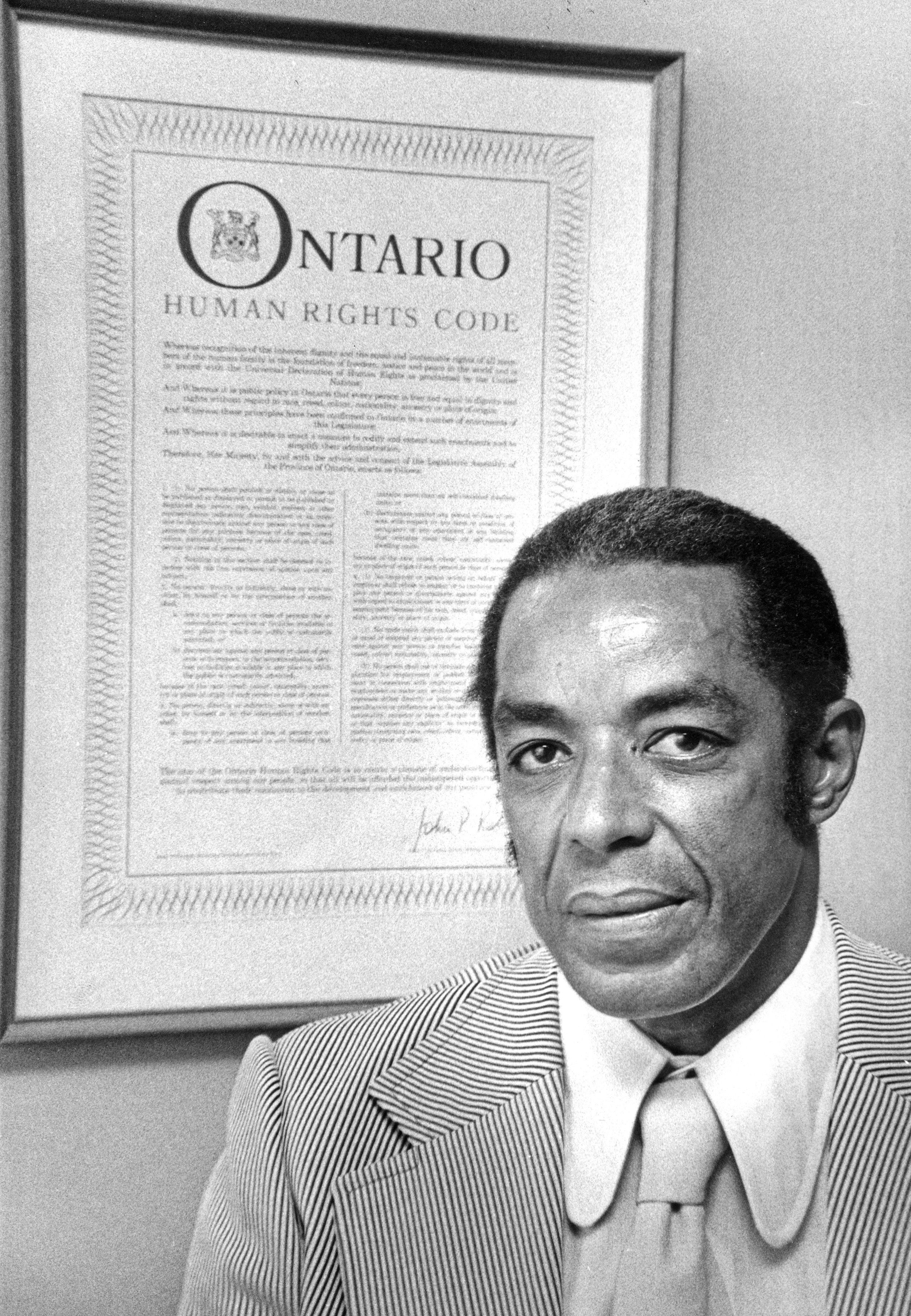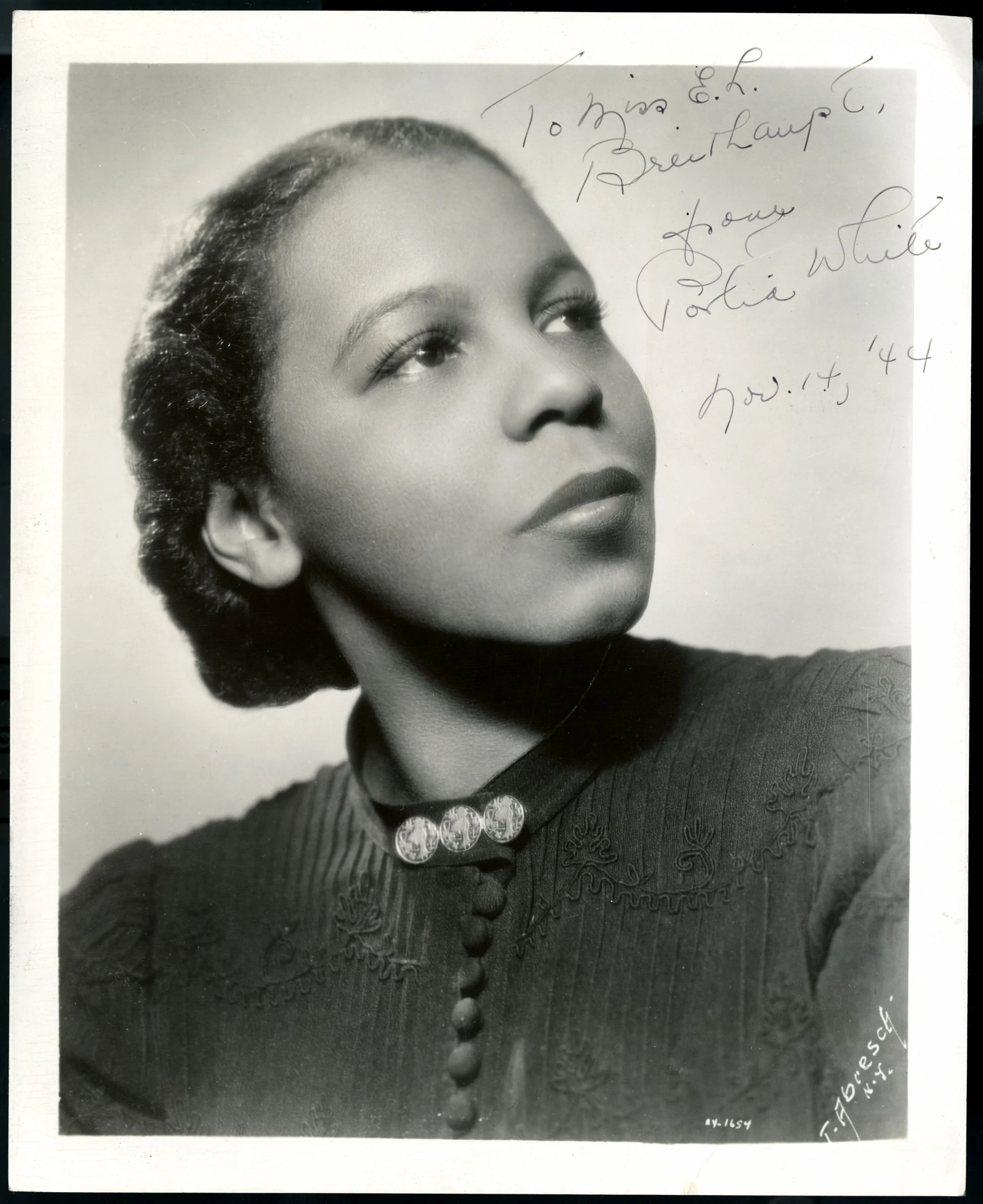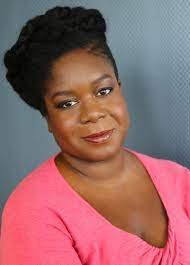Celebrating Black Achievements in Canada
Celebrating diversity, learning and furthering our education helps keep a company operating successfully. Learning about different cultures and people’s individual experiences helps us to understand how we are all connected.
Black folks have contributed immensely to our country and recognizing and acknowledging their achievements is a key component in anti-racism.
Below is a list of Black Canadian influential leaders from past and present, and their outstanding achievements to Canada.
Let’s celebrate Black History in Canada together!
Check out CultureAlly’s Black History Month Training for your workplace.
Celebrating Black Canadian Leaders
📜POLITICS
Jean Augustine: An educator, activist and politician, Jean Augustine made Canadian history when she became the first Black woman to be elected to parliament during the federal election.
Nine years later, Augustine broke another barrier by becoming the first Black woman in Cabinet, in which she served as the minister of state for women's rights and multiculturalism.
Lincoln Alexander: A lawyer who became the first Black Canadian Member of Parliament in 1968, the first Black Cabinet minister in 1979, and the first person of color to be named the Lieutenant Governor of Ontario in 1985.
Lincoln was a prominent figure in fighting for racial equity in Canada, and he was known for his resilience, compassion, and determination.
Michaëlle Jean: In 2005, Michaëlle Jean became the first Haitian Canadian and Black person to be elected as the Governor General of Canada.
A strongly dedicated journalist, she promoted social change and conducted international relations to better the lives of youth, women, immigrants, Indigenous people, and people of color.
📣ACTIVISM
Viola Desmond: As a young woman, Desmond envisioned herself opening a beauty salon, but realized that beauty schools in Nova Scotia did not accept Black students. She took matters into her own hands and trained as both a hairdresser and beautician in Montréal and the United States.
She later became a successful entrepreneur in Nova Scotia, where she managed a beauty salon. Viola Desmond was never afraid to use her voice to speak out against injustice. By refusing to leave a “whites-only” area at a Cinema in Nova Scotia in 1946, Viola Desmond directly challenged racial segregation in Canada.
Bromlet Armstrong: As a Canadian Civil Rights leader and union activist, Armstrong helped form a better path towards human rights and police reform. He became a fundamental leader in the early anti-discrimination campaigns throughout Ontaio, which led to Canada’s first anti-discrimination laws.
Bromlet Armstrong will be best known for the advocacy he did in restaurants throughout Dresden, Ontario, since people of color were refused to be served at the time before he took charge of the matter.
Larissa Crawford: Crawford is the founder of Future Ancestor Services, which is an enterprise that provides services focusing on ancestral accountability, climate justice, and equity.
Larissa works to support and uplift those from marginalized communities, and encourage them to be proud of their ancestral background and to make sure their voices are heard.
🏅SPORTS & ENTERTAINMENT
Portia White: During the 1930s and ‘40s, which was a time when black females endured many barriers in their daily lives, Portia White was the first Black Canadian concert singer to earn global acclaim.
She used her voice to converse, enlighten, and inspire those who felt like they were not being heard. Portia White achieved greatness in a challenging art form against all odds.
Sedina Fiati: As a queer Black activist, Sedina Fiati produces, directs, and performs in plays, films, and television shows.
She advocates for diversity, equity, and inclusion for those who perform in the arts.
Willie O’Ree: Fredericton-born Willie O’Ree became the first Black player in the National Hockey league. He made his first NHL appearance in 1958, and played for the Boston Bruins.
He faced extreme racism both on and off the ice, but showed extreme strength in persevering and kept his mandate of spreading the message of inclusion in the game. His efforts to change the culture of the game lasted decades beyond his hockey career, and he will always be an inspiration to young Black athletes.
Harry Jerome: At only 18 years old, Harry Jerome was the first Canadian-born athlete to hold an official world track record in the 220-yard dash, and was a three-time Olympian.
Once retired, Jerome advocated for Black Canadian athletes by petitioning for better representation of minorities who were broadcasted on radio and television, and persuaded Canada’s major department stores to show diversity in their advertisements, rather than just using White models.
📚ACADEMIA
Mary Ann Shadd Cary: Played a vital role in Canadian education. She founded a racially diverse school and became the first Black female newspaper editor in North America.
Her strength and determination helped earn the rights for Black men to vote, and continued to advocate for the rights of Black women to vote.
Jay Williams: An educator and an anti-racism activist who lives in Toronto. He uses his personal experiences to translate through his teaching, and encourages his students to acknowledge Black Canadians year round, not just during Black History Month.
Williams makes sure that he highlights the accomplishments of influential Black leaders in his lessons, as the stories of Black excellence are often missed in how Black history and education is taught in schools.
Andreas Robinson: A social entrepreneur who founded a group of companies, such as Infinitus Academy, which is a consulting firm that aims to empower youth and local communities.
Robinson works in many public schools of all grades where he builds workshops and brings in influential guest speakers to empower students related to anti-Black racism.
How Employers Can Support Black Employees
Encourage Employees to Learn About Black History
Show your team the many contributions that Black people have made to Canada, and encourage them to learn more about both Black culture and history.
Create a Diverse Workplace
A diverse workplace creates more ideas and increases productivity, as there are a broader range of skills, perspectives, and experiences among employees. Having a culturally diverse team also creates a fair and safe environment where everyone has equal access to collaborations, opportunities and challenges.
Ensure a Supportive Work Environment
As employers, it is vital to ensure that all employees feel safe and comfortable to speak openly to the colleagues they work with. Empathy and support from a workplace can significantly improve employees’ mental health, and can create a positive and welcoming environment.
Depending on the needs and wants of employees, support groups may be constructive. These groups could act as a safe space where workers can talk or listen about their experiences, as well as a space for workers to ask questions and make suggestions.
How to Support Black Canadians
As the country continues to fight the battle of systemic racism, it is beneficial to know what you can do to be an ally and how to help address the issue. Here are some ways on how to effectively support Black Canadians.
Check Your Privilege: If you are not a part of the Black community, you will never fully understand Black experiences. It is important to pay attention to your own biases and to analyze your own prejudices, contributions to racism, and your relationships with people of color.
Listen: One of the most effective ways to support Black Canadians is to listen to what they are telling you, and then offer support where appropriate. It is also important to note that you should never take one person’s story as the only story. The Black community shares a vast array of experiences and it is vital that each story is recognized and considered.
Get Educated: Use your own time to educate yourself about racism by reading books, following activists on social media, and watching influential movies and documentaries. Ask questions and have conversations with fellow Black colleagues, but make sure you are listening to their own stories and opinions rather than reflecting on your own experiences.
Social Media: Black leaders on social media have a huge impact on consumers throughout the world because they influence the causes they support. Make sure that you are aware of the type of news you are consuming, and are getting your information from multiple sources. Follow different activists and Black influencers to increase diversity in the information that you receive.
Support Black-owned Businesses: Supporting Black businesses builds relationships and morale within the community, while also allowing for more opportunities for Black individuals and increasing generational wealth for the business. Choosing to support Black-owned businesses means that you’re also supporting Black pride, unity, and self-determination, and will help to close the racial wealth gap.
Donate: Donating to Black community organizations will both show your aid and support, as well as a sense of gratification that comes from giving back to the community. Research local Black charities and support systems in your area that work to support racial justice. Employees will feel proud to be a part of a team that is committed to making a difference, which fosters a productive and a positive work culture as a result.
Build Relationships: Build effective relationships with Black colleagues by showing genuine curiosity and compassion to their experiences. By listening and being present while they are speaking, and by showing empathy when they are sharing their ideas or stories, will increase collaboration in the workplace and allow everyone to be an advocate for each other.















